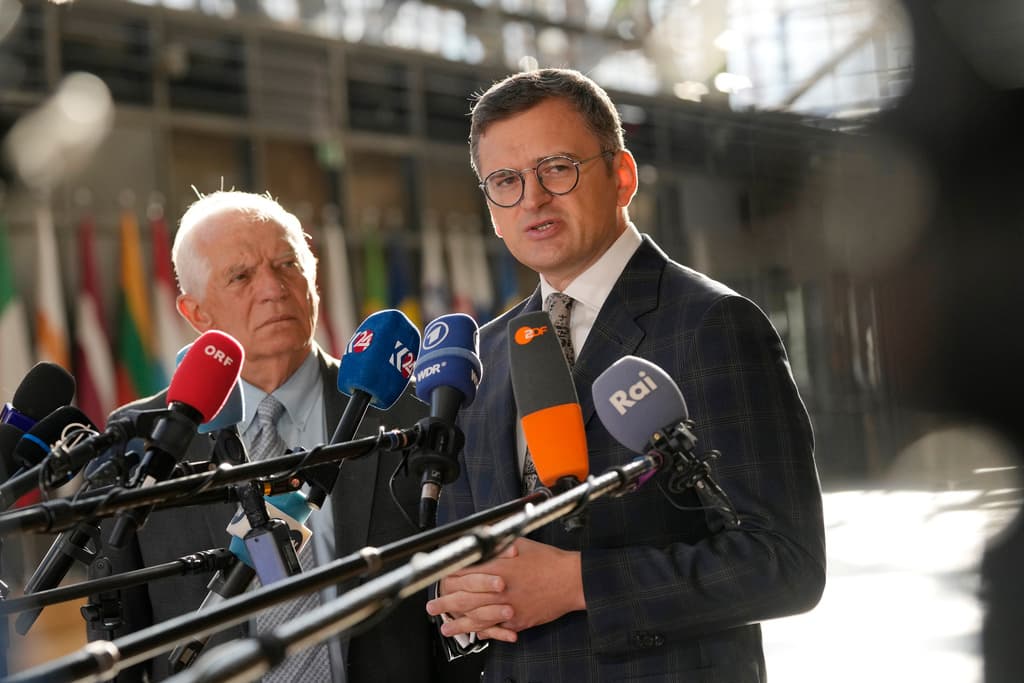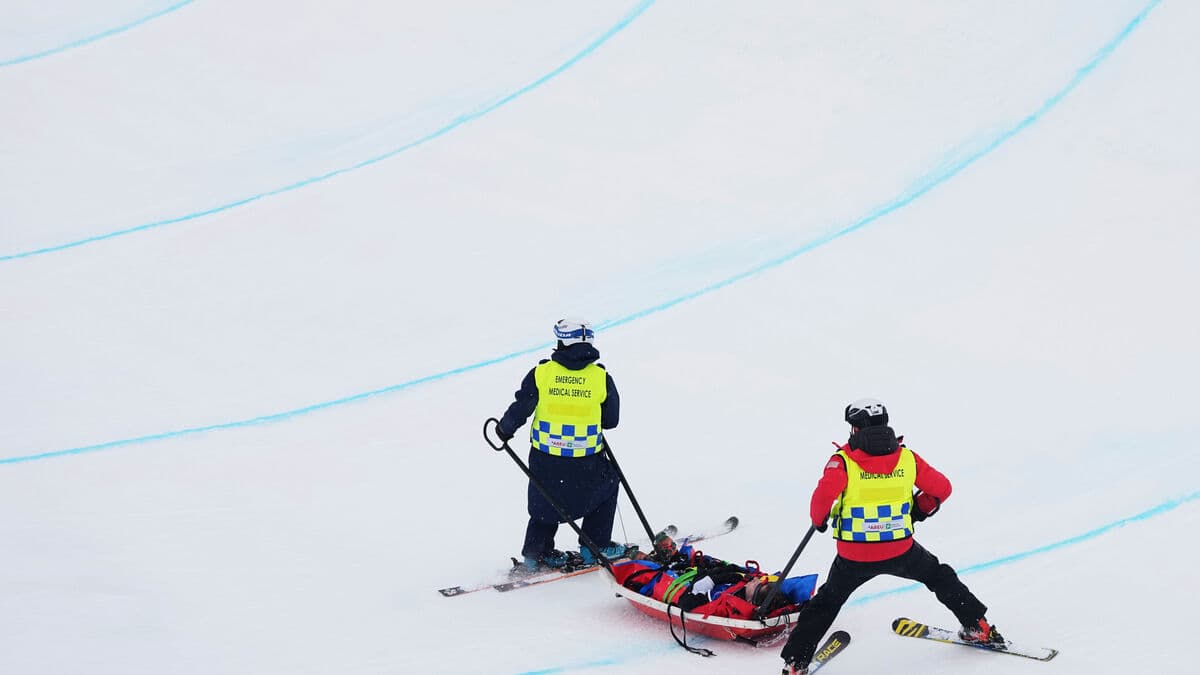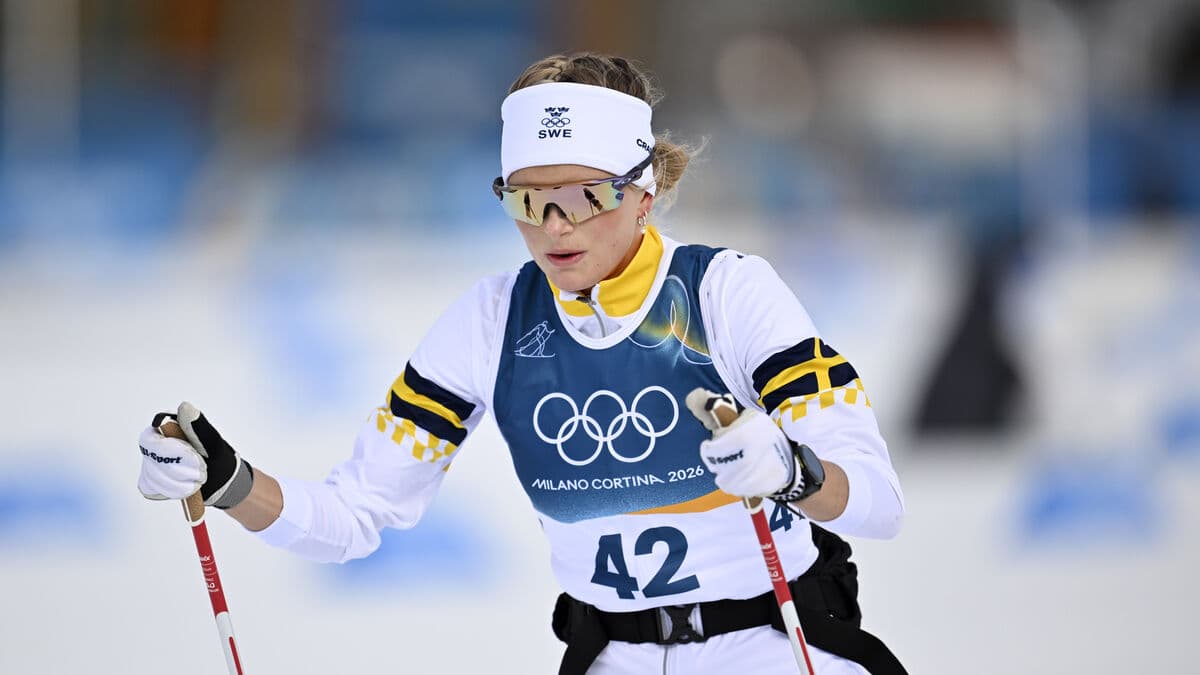The Foreign Minister Borrell and the Ukrainian Foreign Minister Dmytro Kuleba arrived together with a joint message at Thursday's informal EU Foreign Ministers' meeting in Brussels.
We must lift the restrictions on the use of weapons against Russian military targets, in accordance with international law. The weapons offered to Ukraine must be fully usable – otherwise, the weapons are meaningless, said Borrell on his way in.
We are primarily talking about airfields used by Russia for their strategic bombers. If we are allowed to strike, we will significantly reduce Russia's capacity to destroy our infrastructure, added Kuleba.
Hurry up!
Both before and during the meeting, the Ukrainian also pressed for EU countries to deliver what they had promised in terms of weapons more quickly.
The message from Kuleba was crystal clear: our support makes a difference, but all delays are very costly, said Borrell at his press conference afterwards.
He also warned about what Russia wants to achieve before winter with its attacks on the Ukrainian power sector.
Russia wants to plunge all of Ukraine into darkness and cold.
Sweden is one of the countries that have not imposed any restrictions on their weapons deliveries to Ukraine. Foreign Minister Tobias Billström (The Moderate Party) agrees, however, that the world should speed up a bit more.
The burden is on us to ensure that we are quick on our feet when it comes to delivering what we have actually decided on, says Billström in Brussels.
Turkey in attendance
Besides Kuleba, the EU foreign ministers also met their Turkish counterpart Hakan Fidan on Thursday, as Turkey was invited to an EU meeting for the first time in five years.
Not least, the long-standing dispute between the EU and Turkey over Cyprus was discussed.
It was good that he came. Let's hope that this invitation can be a first step towards a dialogue that can resolve the problems, especially the Cyprus issue, says Borrell.
Advertisement
Thursday's informal foreign ministers' meeting in the EU was originally supposed to have been held in Hungary, which is the autumn's presidency country in the EU Council of Ministers.
The meeting has, however, been moved from Budapest to Brussels as a mark of protest against Prime Minister Viktor Orbán's so-called "peace trips" to Moscow and Beijing and statements from the Hungarian Foreign Minister Peter Szijjarto that the rest of the EU is "driving on" the war in Ukraine.
Sweden and many other EU countries have also decided not to send ministers to the informal meetings held in Hungary during the summer – and onwards.
The line we are taking is that we do not participate, except at the official level, says Foreign Minister Tobias Billström.
Advertisement






